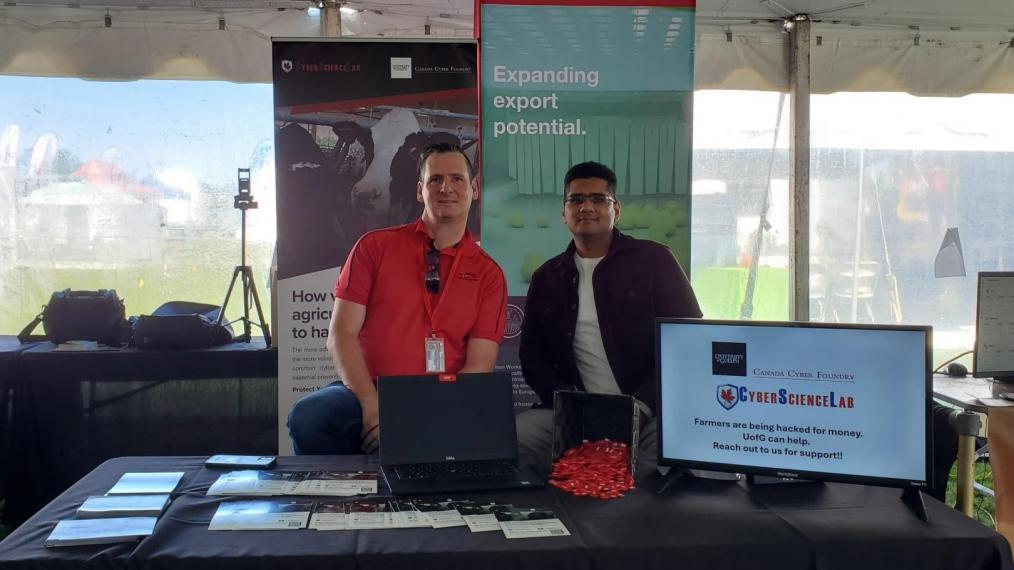Dr. Asim Biswas is an Ontario Grain Farmer Magazine featured "problem-solver"
The Alliance-funded U of G researcher works to bring ballpark soil data to farmers for better on-farm decision-making. This goal has made him stand out as one of the "next generation" of young people making their mark in the agriculture industry, according to Ontario Grain Farmer Magazine.
Read the article: The problem solvers - Dr. Asim Biswas (Ontario Grain Farmer)
